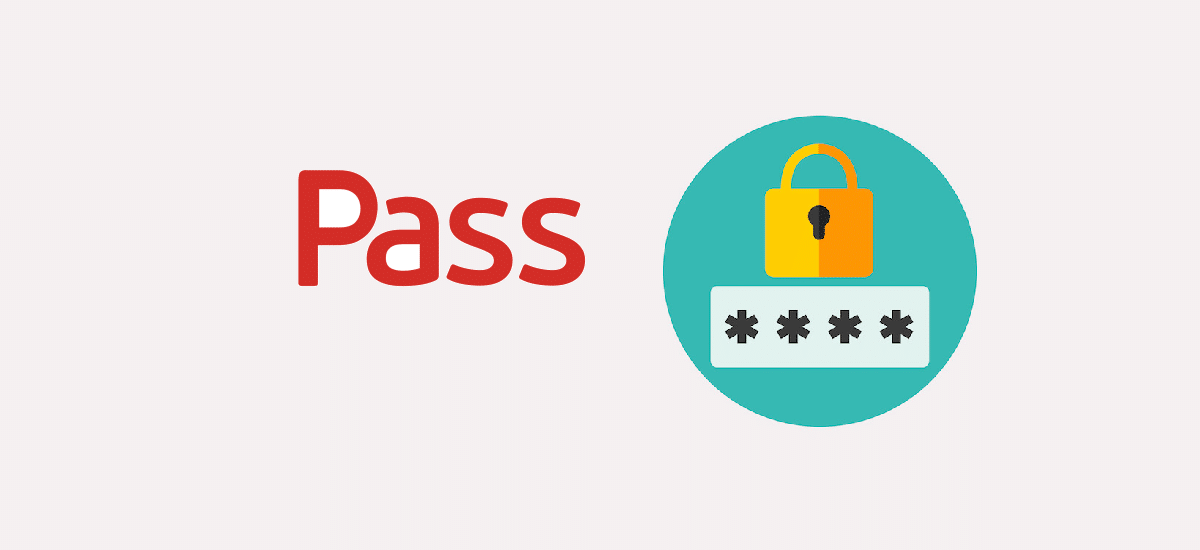
If you are one of the lovers of password managers or do you see a functional use in them, let me tell you that the following password manager may be to your liking.
The password manager that I am going to tell you about today has the name "pass" and this is a password manager inspired by the Unix philosophy which has a command line interface and uses GnuPG for encryption and decryption of stored passwords.
In addition, it is mentioned on the official website of the application that these encrypted files can be organized into meaningful folder hierarchies, copied from one computer to another and generally manipulated using standard command line file management utilities.
Passport makes managing these individual password files extremely easy. All passwords are stored in ~ / .password-store and the app provides some nice commands to add, edit, generate and retrieve passwords.
It is a very short and simple shell script. It is capable of temporarily putting passwords on your clipboard and tracking password changes using git.
You can edit the password store using ordinary Unix shell commands in conjunction with the pass command. There are no original file formats or new paradigms to learn. There is bash completion so you can simply hit the tab to complete names and commands as well as complete for zsh and fish available in the completion folder. Very active community has produced many clients and GUI
A password file can contain additional text such as username, email address, comments, or whatever the user wants, as password files are nothing more than encrypted text files.
Of the main characteristics de Pass the following stand out:
- Account are support for different clients that include cross-platform graphical interfaces for other platforms, clients for Windows, Android, iOS, a Firefox extension, an interactive user interface, etc.
- It has autocomplete support in Bash
- It has Git integration support
- Extension support
- Allows you to import passwords from other password managers, including LastPass, KeepassX, Keepass2 CSV and XML, CVS, 1Password and KWallet
- Support for password generation
- It has several graphical user interfaces (GUI) available, such as QtPass for Linux, Windows, MacOS or Password Store for Android operating systems.
As for a functionality that is considered quite important in password managers, it is the synchronization system with which Pass does not have, but for this it has support for Git to be able to have a synchronization using the version control system. The built-in Git functionality also allows automatic tracking of the password vault version history.
How to install Pass password manager on Linux?
For those who are interested in being able to install this utility on their systems, they should know that Pass is within the repositories of the major Linux distributions.
For example, for those who are users of Debian, Ubuntu or distributions derived from these, They can install the application from the terminal by running the following command:
sudo apt-get install pass
While for those who are users of Fedora, RHEL, CentOS or any other distribution derived from these, they can perform the installation by typing the following command:
sudo dnf install pass
Now, if you are users of Arch Linux, Manjaro or any other distribution derived from Arch Linux, they can install the application by running:
sudo pacman -S pass
Besides that there is also a QT package of the application, which can be installed with:
sudo pacman -S qtpass
As for those who are opensuse users, the installation can be done by typing:
sudo zypper install pass
Finally, Regarding the use of the application, you can consult the information in this regard as well as the Pass configuration and the user manual directly from its website.